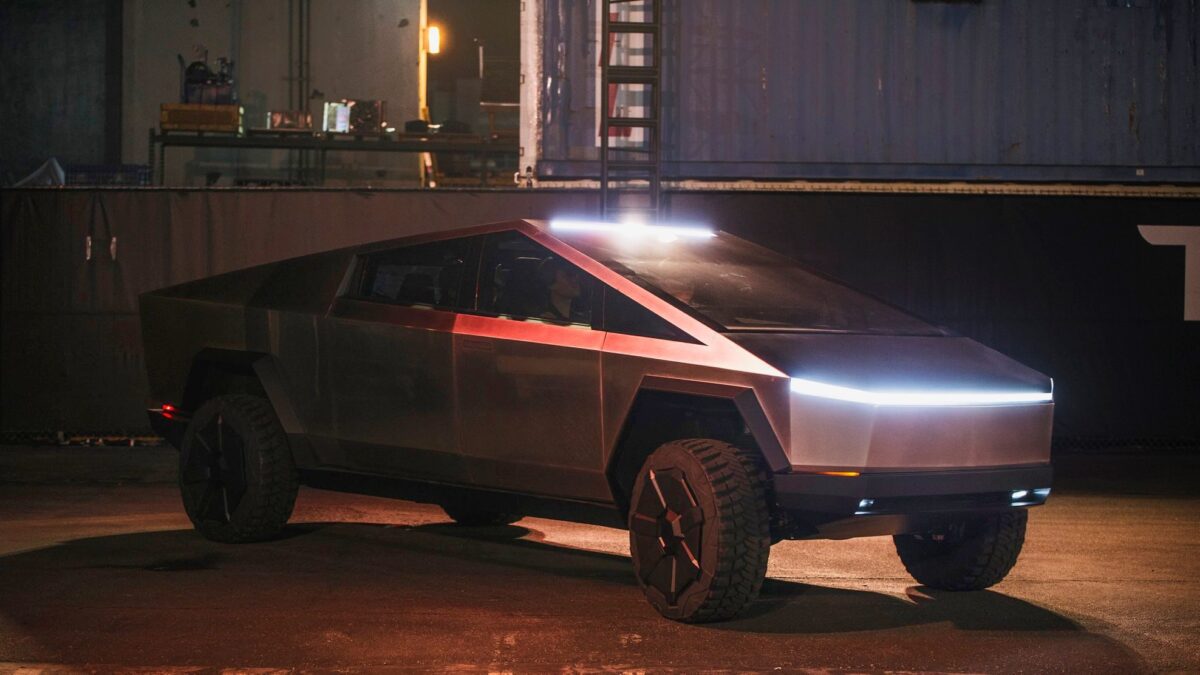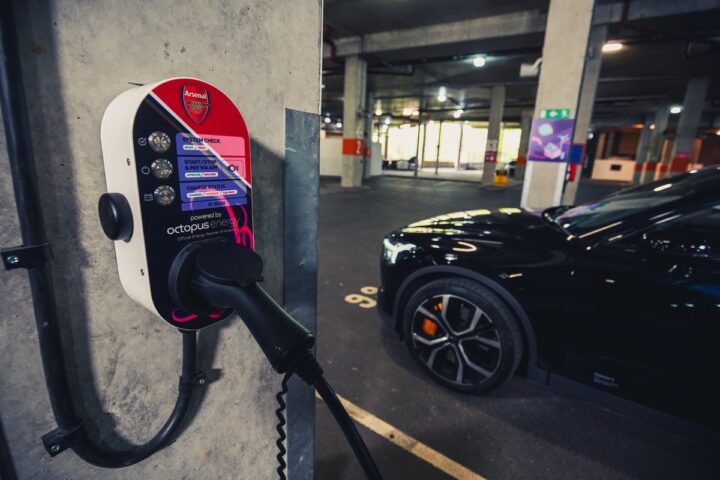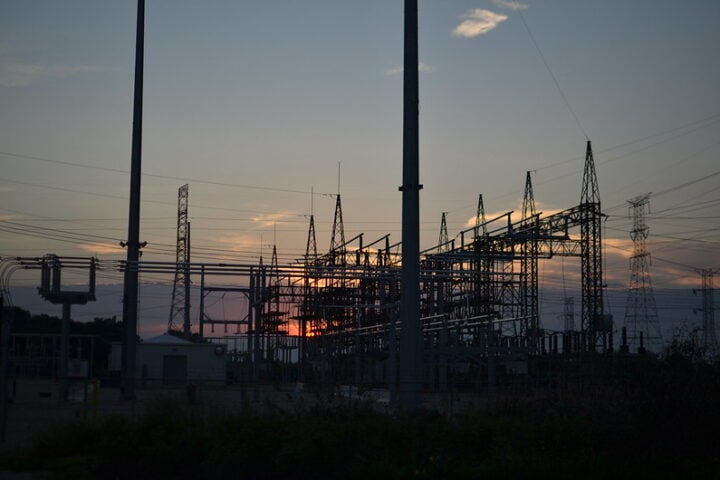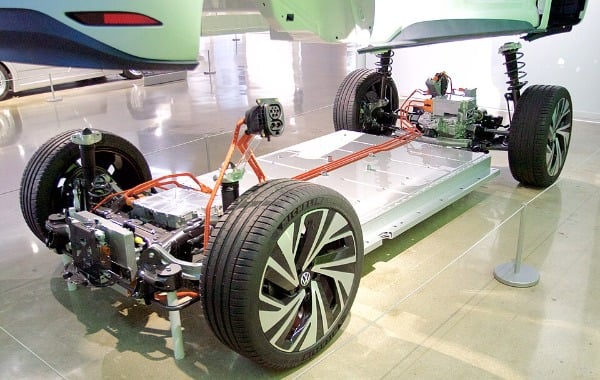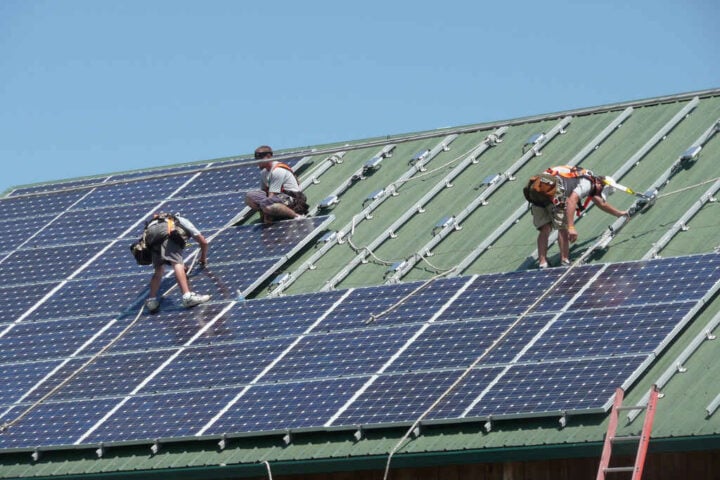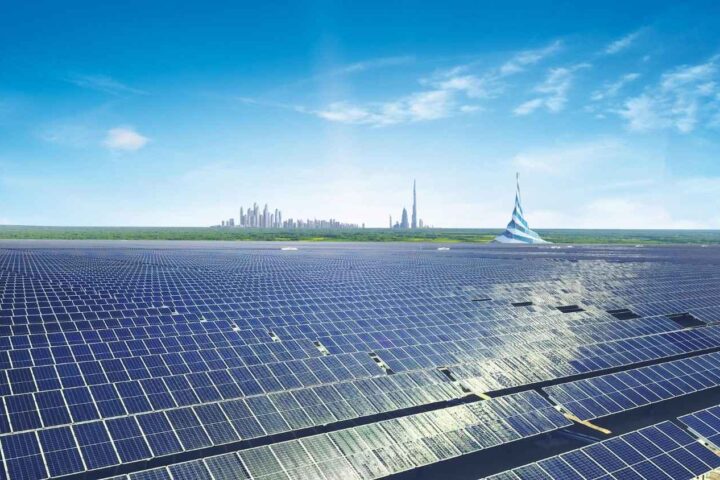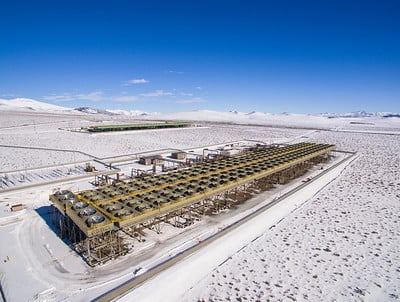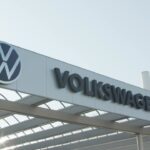Tesla, the leading electric vehicle manufacturer, has achieved a significant milestone in the German automotive market, recording a 912.2% increase in sales year-on-year in January 2023. In the same month, Tesla sold 4,241 EVs, representing 2.4% of the country’s auto market. The strong sales growth is attributed to the opening of Tesla’s Gigafactory in Grünheide and its success in producing the Model Y, which reached a production milestone of 3,000 units per week in December. Despite this progress, customers are still waiting for their Cybertruck orders, which are not set to reach full volume production until 2024. An article by the New York Times suggests that the extensive use of stainless steel in the Cybertruck is a significant contributing factor. Despite the competition from traditional automakers, Tesla has been the top-selling EV brand in Europe for several years.
Stainless steel, which is a key component of the Cybertruck, has high demand and limited availability, particularly for 304 stainless steel, which contains 18-20% chromium and 8-10.5% nickel. The shortage of these materials has led to an increase in pricing, which is likely to impact the advertised $40,000 price tag for the base truck, which was set in 2019. Despite these challenges, the press brake can be used to form stainless steel shapes, which is cost-effective.
The absence of the Cybertruck from the market has led to pricing issues for other electric trucks. The F-150 Lightning (XLT) prices have increased by 40% to just over $60,000, while the Rivian R1T has experienced delays in sought-after packages, and even the six-figure GMC Hummer EV has seen an increase in price. In addition to pricing, the Cybertruck lacks safety features required of traditional vehicles, such as crumple zones and airbags.
Despite these challenges, experts predict that Tesla will continue to increase its sales in Germany in the coming months. Tesla has prioritized exports at the beginning of each quarter and will ramp up domestic deliveries toward the end of the quarter. Germany’s EV market is experiencing rapid growth, accounting for 60% of all EV registrations in 2022. As traditional automakers like Volkswagen, Mercedes, and BMW attempt to catch up to Tesla’s EV dominance, Germany’s auto market will remain an essential one as the world transitions away from gas cars.
Felipe Munoz, Global Analyst at JATO Dynamics, commented on the rapid growth in EV demand, which is a consequence of continued government support through incentives and a shift in consumer sentiment due to the increasing awareness of available product offerings. As Tesla continues to dominate the EV market, its sales in Germany are likely to increase, further solidifying its position as the best-selling EV brand in the country.
The rise of electric vehicles in Europe has been a remarkable trend over the past few years. With the increasing awareness of climate change and the benefits of electric vehicles, consumers have been showing a growing interest in EVs, which has led to a significant increase in demand. European governments have also played a critical role in the growth of the EV market, offering incentives such as tax credits and subsidies to encourage consumers to buy electric vehicles. As a result, established automakers like Volkswagen are making significant investments in electric vehicles to keep up with the competition.
- Train Halts 2 Hours for Elephant Birth: India’s Strategy to Prevent 186 More Railway Elephant Deaths
- Deer Creek Fire Creates Rare Pyrovortex: 8,925 Acres Burned, 0% Containment, 5 Homes Destroyed Near Utah-Colorado Border
- Medical Transport Plane Crashes Seconds After London Takeoff
- 🔴 LIVE Extreme Weather Alert Central: Texas Evacuates 4 Counties, 3 Dead in West Bengal, 13 Jharkhand Districts on Alert
- 6.7 Earthquake Hits Indonesia’s Tanimbar Islands, No Tsunami Threat
Despite the competition from traditional automakers, Tesla has been the top-selling EV brand in Europe for several years. However, Volkswagen’s recent success in the European EV market is impossible to ignore. In 2021, the Volkswagen Group sold more EVs than any other automaker in Europe, with 192,036 units sold, representing a 23% market share. The success of Volkswagen’s EV lineup is attributed to its affordable pricing, a wide range of models, and the company’s extensive charging network. With plans to introduce even more EVs in the coming years, Volkswagen is well-positioned to maintain its lead in the European market and remain competitive with other automakers such as Tesla, Renault, and Nissan. The next few years will be crucial for the EV market in Europe, as the industry continues to evolve and mature, and consumers become more accepting of electric vehicles.
